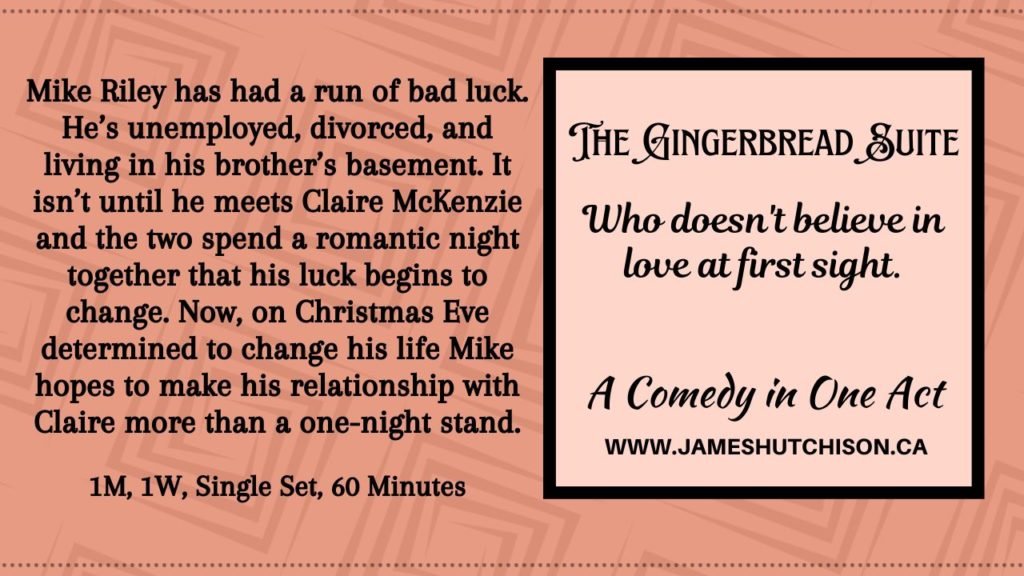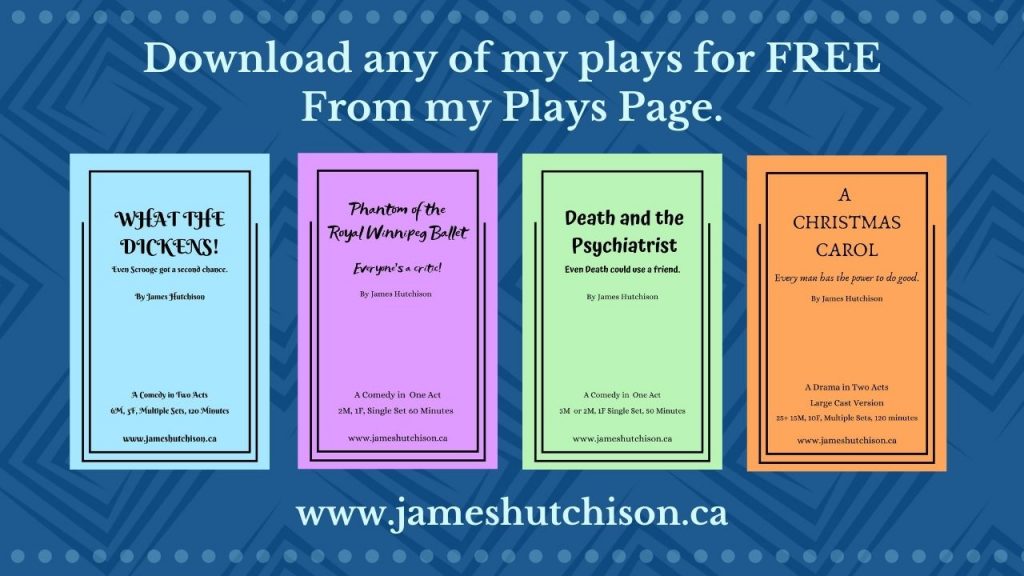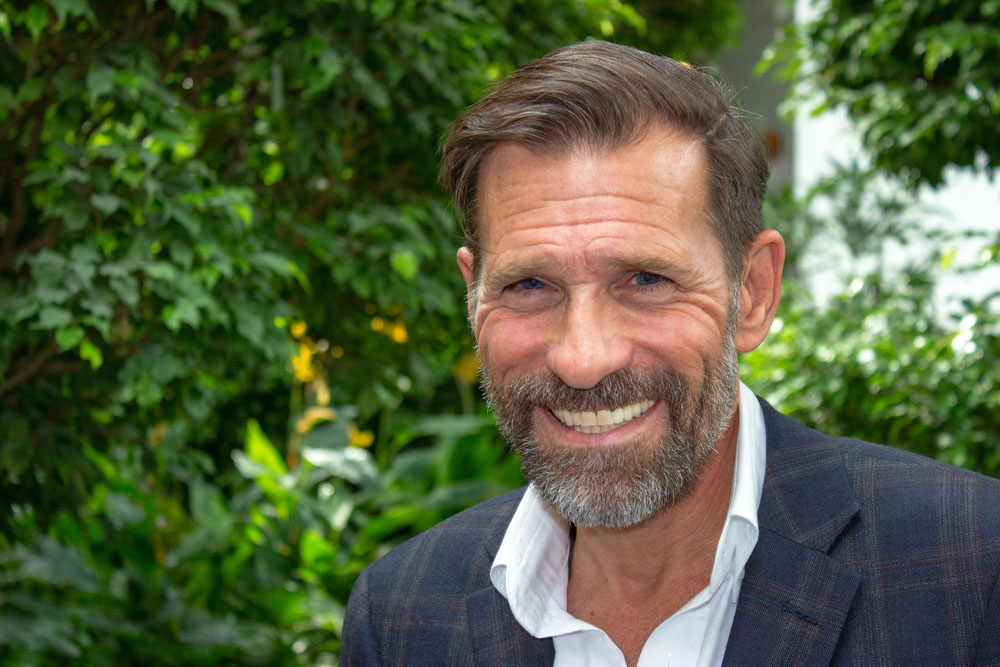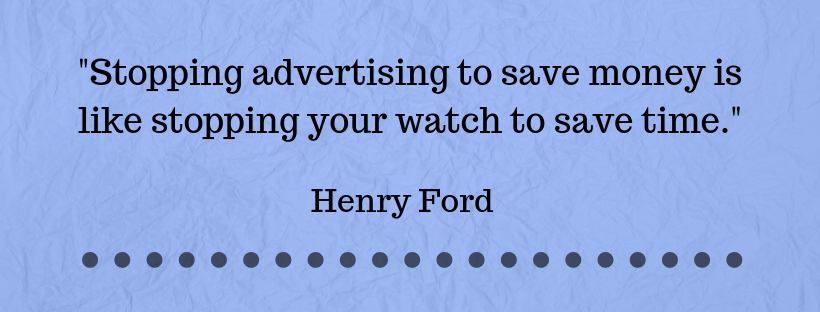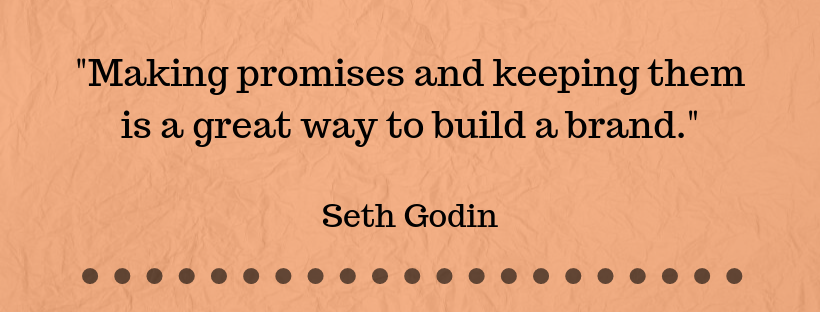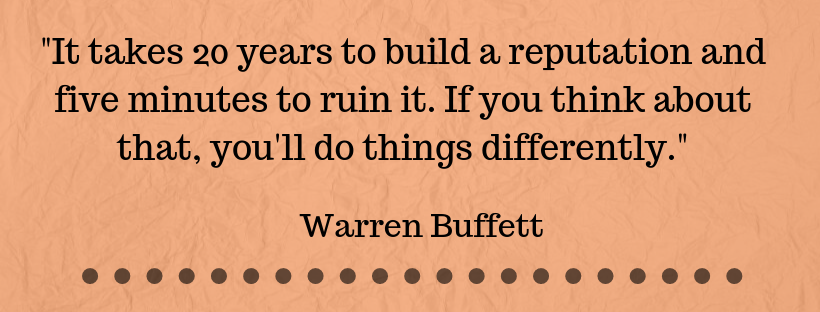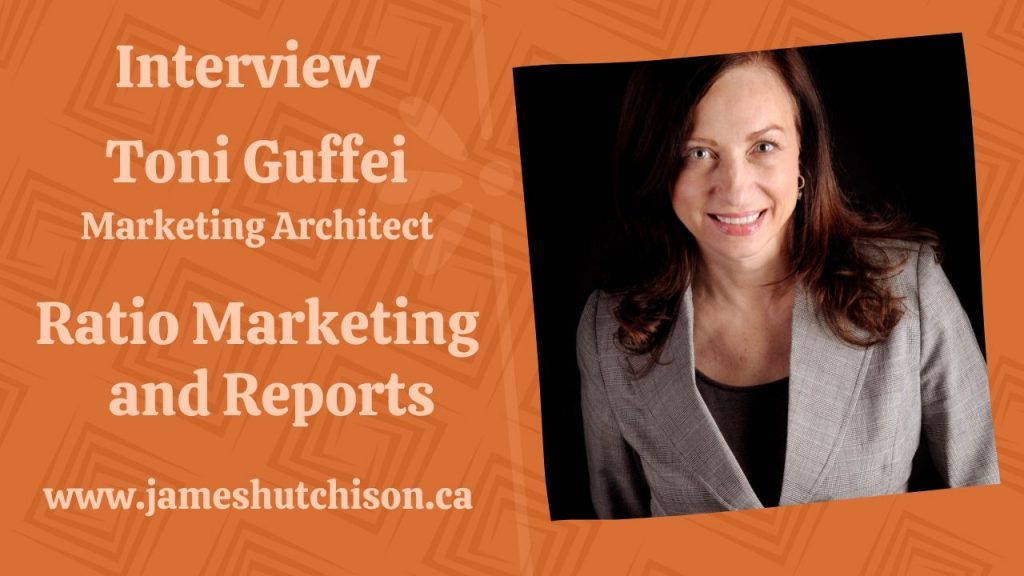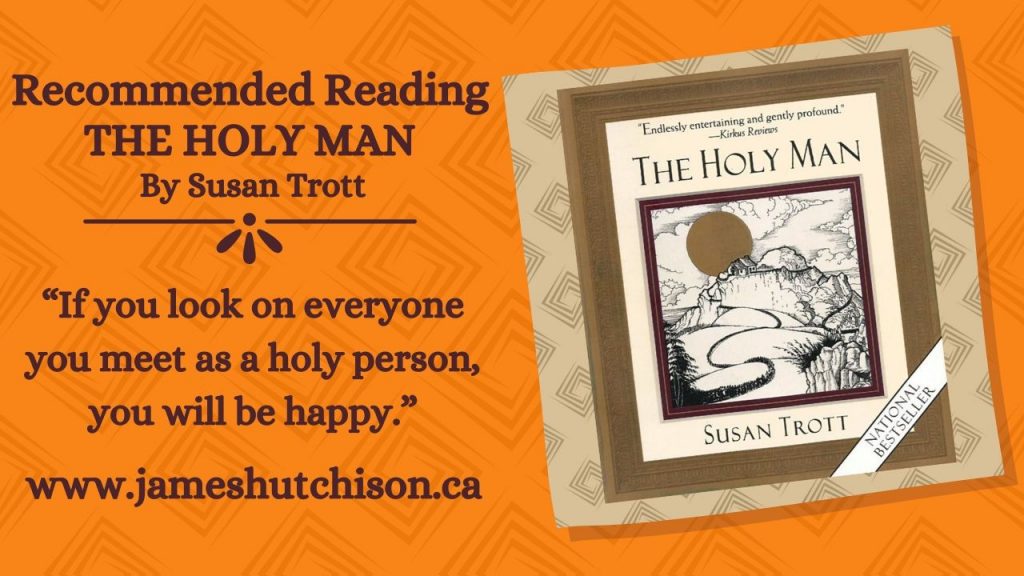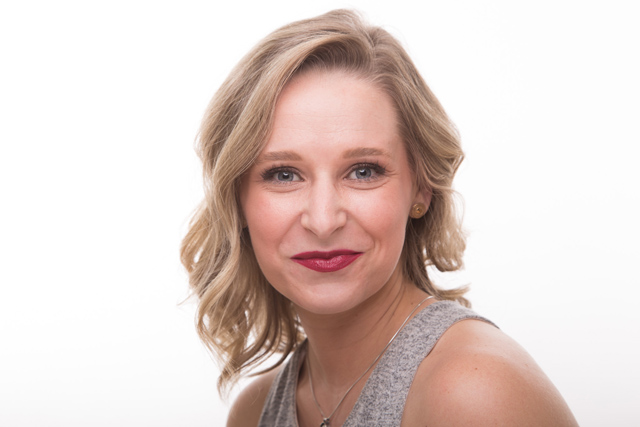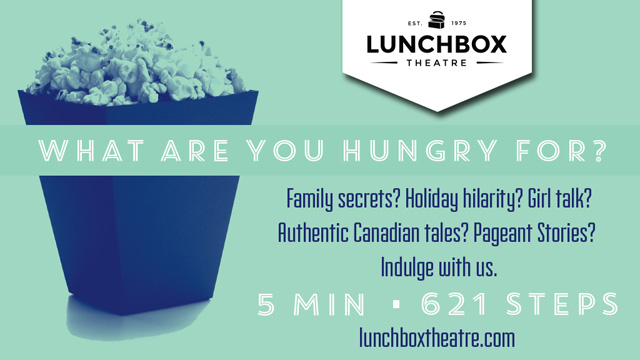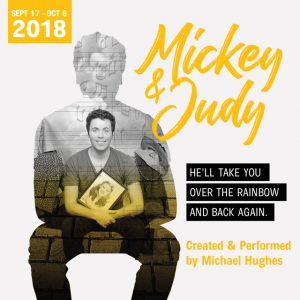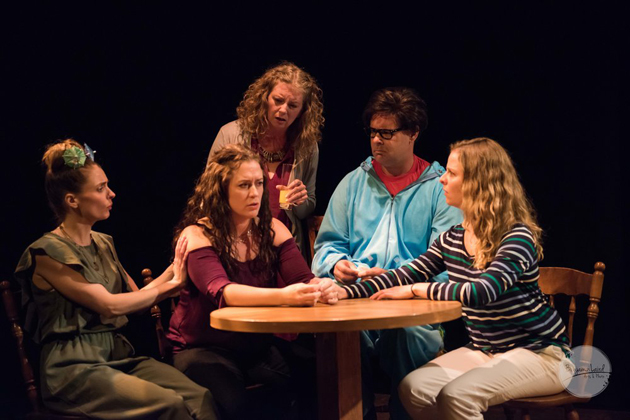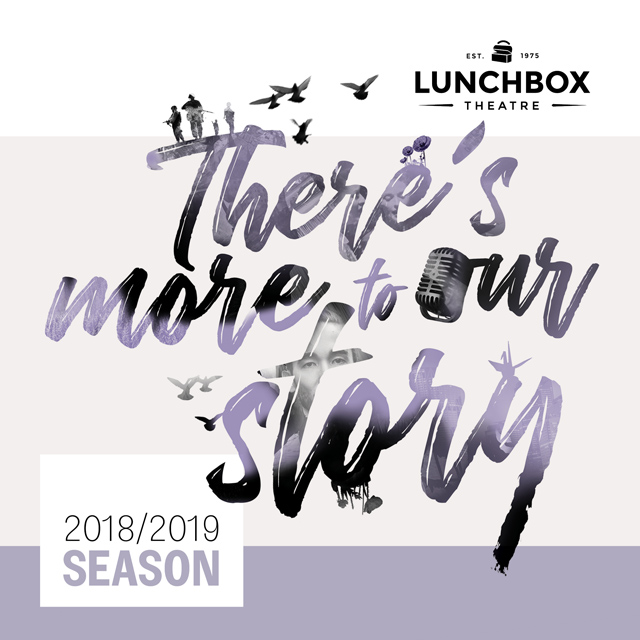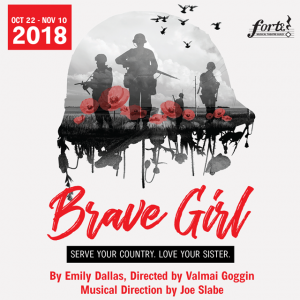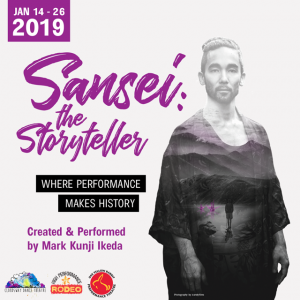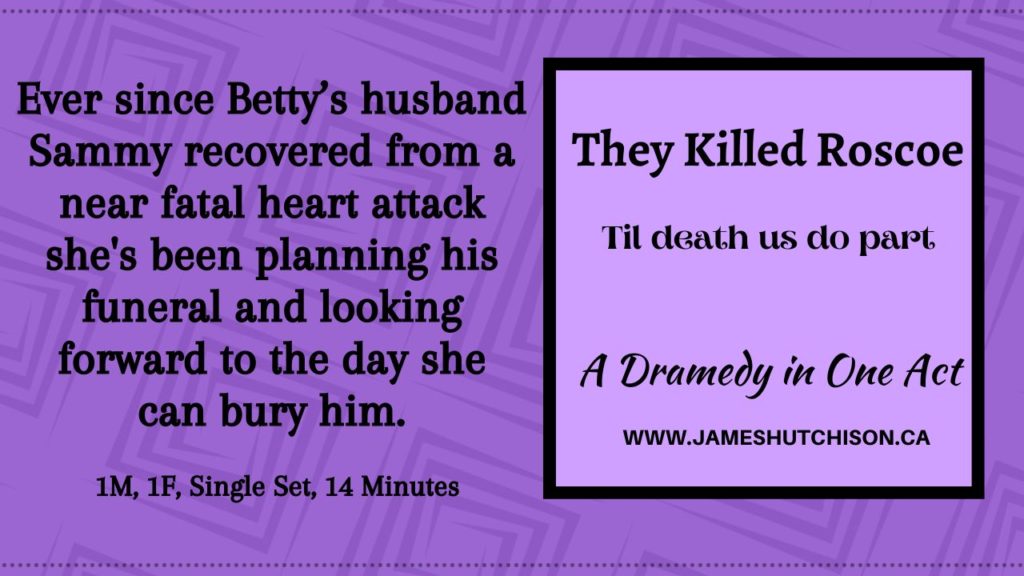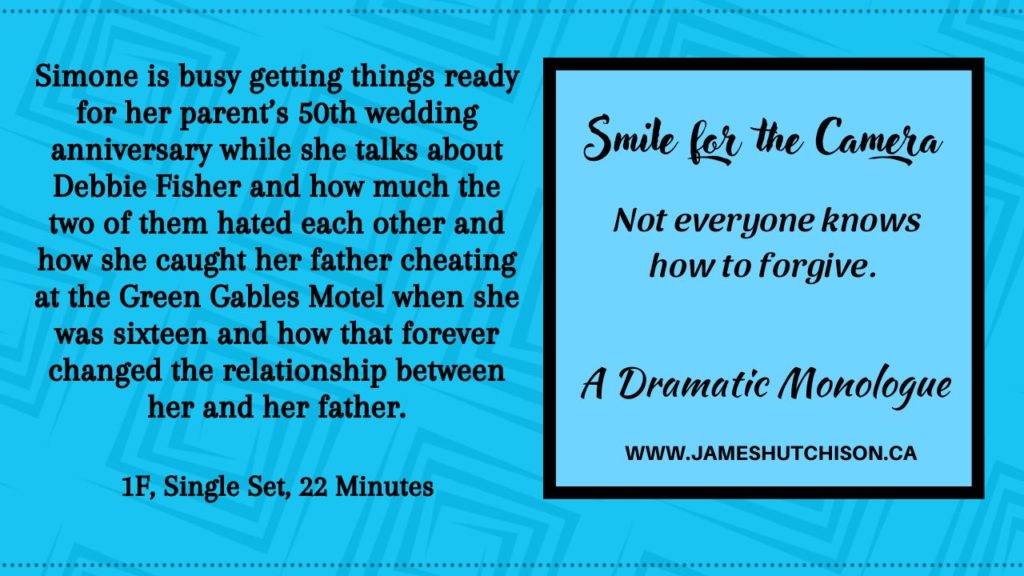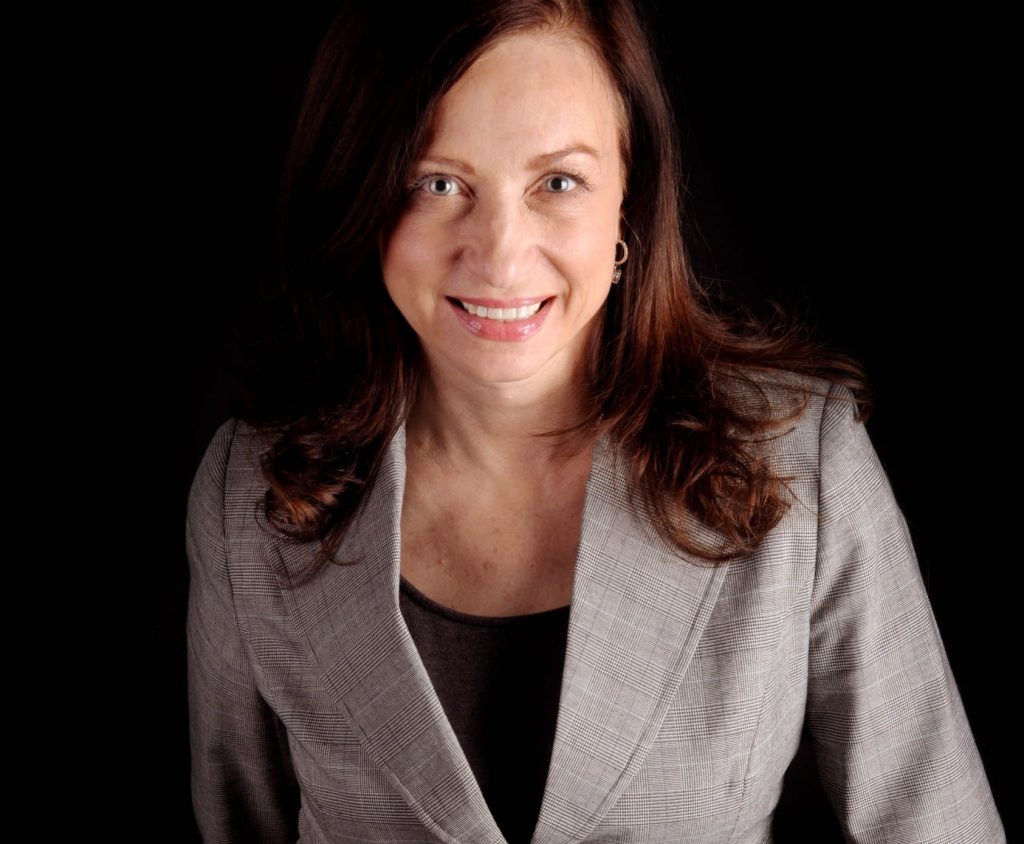
Toni Guffei – Marketing Architect – Ratio Marketing and Reports
“Marketing is both branding and lead generation. When we work with companies it’s more about how are we going to optimize your budget so that you get the best return on your marketing investment. So, part of that is measuring the brand and the perception that people have about you so that they will naturally turn to you as the first Top of Mind company. The other piece of marketing is lead generation. So marketing is about attracting customers. It’s that funnel of attraction – consideration – and decision – so you can convert those leads into sales. So, branding and lead generation tie directly in with the corporate goals of profit.”
Toni Guffei is the owner and founder of Ratio Marketing a boutique marketing and strategy agency that has served hundreds of Canadian and US businesses in a wide range of industries including technology, construction, oil and gas services, environment, arts, education, professional services, hospitality and non-profit.
Ratio Marketing provides its clients with market research, market assessments, competitive assessments, strategic marketing plans, branding strategies, industry profiles and communication tactics and specializes in both traditional and digital marketing methods.
For the last fourteen years Toni has been an instructor at Mount Royal University and is currently an Adjunct Professor who teaches degree courses that include Marketing, Entrepreneurship, Market Research, and Branding. Since 2018 Toni also teaches courses through SAIT‘s Digital Marketing Program which includes corporate certification in Search Engine Optimization, Website Development, Digital Marketing Analytics and Social Media for Business.
I first met Toni back in 2002 when she was working with the Business Development Bank of Canada and the Calgary Chamber of Commerce for Small Business Week. Back then Small Business Week included a large conference that brought together all kinds of Calgary Businesses and a huge awards dinner gala that celebrated and honoured some of the top companies that make Calgary their home. The world has gone through a lot of technological change in the past eighteen years and as businesses learn to navigate a quickly changing world economy marketing has never been more important to their survival. Marketing is one of those things that everyone has to do regardless of whether or not they’re a small business or a big arts organization or an entrepreneur or an established or emerging artist.
I connected with Toni at the start of May on ZOOM in order to maintain a safe social distance and to talk with her about marketing, branding, blogging, social media and to get her thoughts about the current COVID-19 pandemic.
JAMES
You describe yourself as a marketing architect. Why do you use that description?
TONI
I come from a family of builders. My father’s a builder. He came from Italy. My brothers are all builders in one way or another. When people go what is a marketing architect it gives me an opportunity to say we plan and build your business. But at the same time, it has this tie into my family’s profession and building a business is like building a home. You need a foundation and you need walls and you need a roof. You need all these different parts to build a building. The same thing is true about building a business and marketing. Marketing’s not just one thing. Marketing is half science, half art, and part psychology. That’s my Yogi Berra take on it.
The science is the tools. In marketing, there’s a lot of theory but over time things have evolved about how to approach things and make decisions. And that’s the stats, right. We have a lot of stats from which to make decisions. And marketing is also an art because you need to understand the brand and what appeals and colours and messaging and experiences. But the real basis of marketing is the psychology and figuring out what motivates people and what emotions are you trying to tap into that inspires them to do something.
JAMES
How do you access somebody’s psychology to get them to do what you want them to do?
TONI
There’s a tool that we use in the foundations of marketing that is based on Maslow’s Hierarchy of Needs. And our most basic needs are safety and security. And then comes love and belonging and self-esteem and at the very peak is self-actualization. And if we just use those as motivators of human behaviour, we can tap into those basic needs.
So, for example, there are a lot of current commercials that are tapping into the emotions about what’s happening in the world right now and instead of promoting their products or services, they’re promoting community and family and values that mean something to people.
That’s what really good brands do. They align their values with the values of their customers, and so their customers will be loyal to them because they see a piece of themselves in the brand and that’s the self-actualization piece. It’s like this company aligns with my values so strongly that I’m going to be loyal to them because they understand me and my deepest needs.
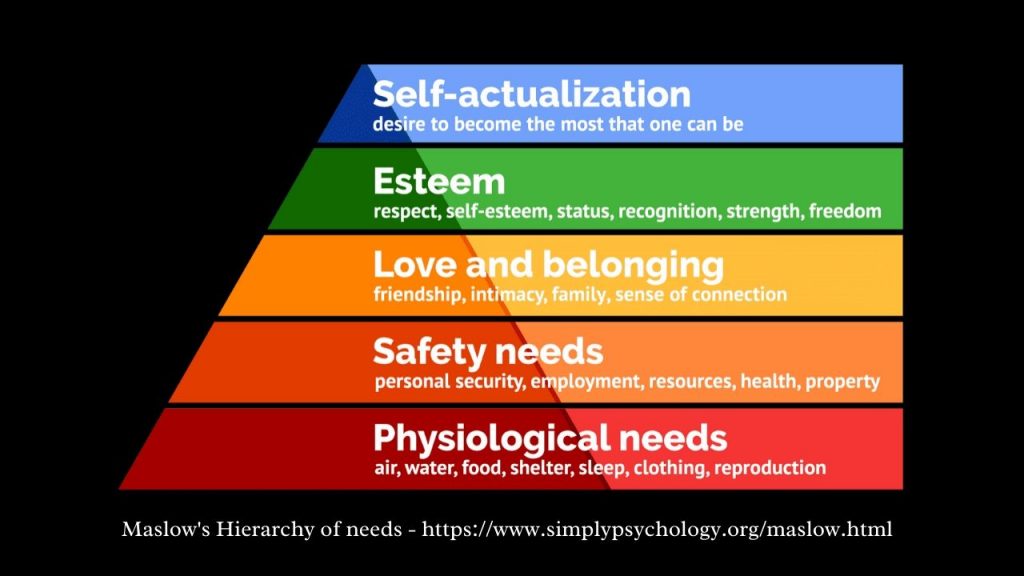
JAMES
What’s your definition of marketing and how does your company, Ratio Marketing, approaches marketing in a general sense?
TONI
Marketing is both branding and lead generation. When we work with companies it’s more about how are we going to optimize your budget so that you get the best return on your marketing investment. So, part of that is measuring the brand and the perception that people have about you so that they will naturally turn to you as the first Top of Mind company. The other piece of marketing is lead generation. So marketing is about attracting customers. It’s that funnel of attraction – consideration – and decision – so you can convert those leads into sales. So, branding and lead generation tie directly in with the corporate goals of profit.
JAMES
So, how much do you think marketing leads the consumer and how much does marketing respond to social and cultural trends?
TONI
Companies need to be agile, especially at this time however the heart of marketing is what the customer wants. It’s not build it and they will come from the movie Field of Dreams. That doesn’t really work unless you just happen to be lucky like ZOOM is right now and you have the right product in the right place at the right time.
When we do projects with a client we do research first. We ask the market either the existing market or the potential market what’s important to them because you can’t give people something they don’t want. You can give them something that they don’t realize they want or need, but if their wants and needs are different than what you’re offering you can’t make them do anything.
JAMES
You know, I’m reminded of one of the clearest examples I ever heard of that is you could create the greatest cheeseburger, and you could create a wonderful advertising campaign where it just looks delicious and it’s at a great price but a vegan will never buy it. You have to know what the consumer wants in order to satisfy that need. And then as you say tie those products and your brand into Maslow’s hierarchy of needs in that person’s life.
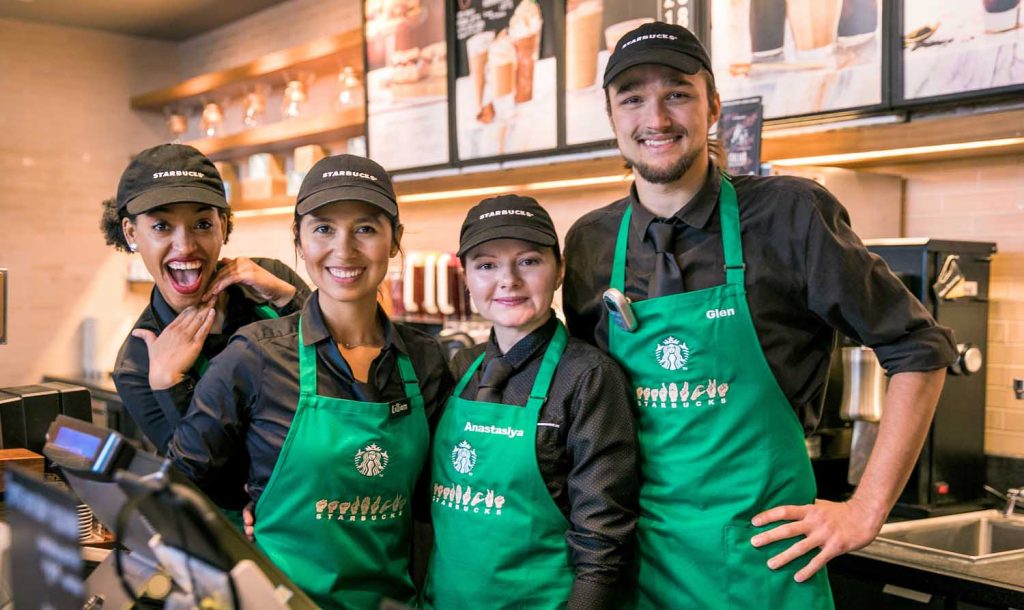
TONI
Starbucks is a good example of a business that understands how to hit each one of those emotional needs in someone to motivate them. So, at the lowest levels like security and safety they give rewards. They give you something to make you feel good. Food is a basic need, you know, it falls into that category.
Then they also do stuff related to love and belonging and esteem because they make you feel good because on your birthday after collecting the rewards, they acknowledge you and say, “Hey, Toni, it’s your birthday, you get to buy whatever you want in the whole store.” They make you feel special.
And then at the top level – that self-actualization level – companies are beginning to understand that the way to motivate people at that very deep level is to highly personalize the offering for them. Starbucks does that. Every single coffee is customized to exactly how each customer wants it. So, they understand motivational behaviour in people and they have an ideal loyalty program.
JAMES
Yeah, I guess we’re just gonna have to see if it’s successful or not.
TONI
I hope it works out for them.
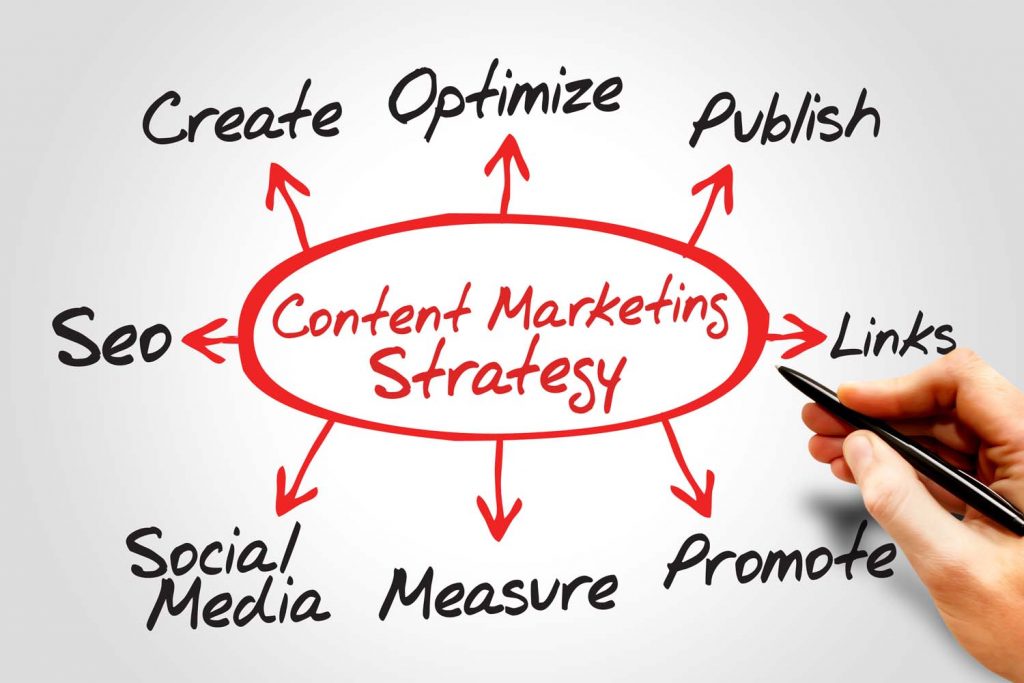
JAMES
Hey, I want to talk a little bit about blogging as a tool for marketing and how you feel blogging fits in.
TONI
So, for business, it’s a good tool because it’s a verbal branding piece and it can really contribute to your brand. Ideally, you want to put your blog on your website, because that’s where you want people who are searching for that kind of information to go. And Google likes new and fresh information on your website. So, contributing by way of a blog to your website gives it that fresh rank that Google likes.
But the other thing is – it gives your brand personality because a website is very static. When you’re writing a blog it really brings out the flavour of how you express the brand. Whether it’s a how-to blog or an interview blog it really gives people an emotional feeling about what you have to offer going back to the emotional piece of marketing.
JAMES
What about as an individual then? You mentioned as a company but if you’re an entrepreneur, or an individual consultant how does blogging work as part of your marketing plan?
TONI
Blogging lets you position yourself as a thought leader, or an industry expert or an influencer. So, if I use myself as an example, there’s a hub and spoke strategy to marketing. You want to have a hub where you direct your digital and traditional marketing because then you can measure it.
A website is a great hub because you can use Google Analytics. And you can send people there from social media to check out your website. Or from videos or from newsletters or from traditional media all driving them to that hub.
So, for me, I don’t use my website, I use LinkedIn, because I want to position myself as an industry expert. So, I put my blogs on LinkedIn, and I curate content on LinkedIn. So, I do fresh content, which is my own blog once a month or so and I post other relevant content that’s strictly about marketing strategies. I can occasionally post some other things, but my brand is being a marketing strategy expert and that’s what I want to reinforce. I’ve been doing it consistently for four years now.
So, for two years straight I posted a blog once a month, and one of those blogs got picked up by LinkedIn and they put it in their Pulse Magazine. So now I can’t change it. It’s fixed, like a PDF, but it’s gotten almost 25,000 hits because they pushed it out. So, a blog can be hugely powerful for reaching a broader audience.
And then to establish yourself as a thought leader, whether you want to be speaker, or if you are a writer or playwright, or you want to get your name known or you want to be an influencer, that eventually you might get paid to curate other content to make a living out of it.
Blogs began as a personal mini site, where people used to just record their opinions, stories and other writings as well as photos and videos. And now it’s become part of an overall marketing or brand strategy, whether it’s an individual or a company, and it can be used to drive business.
So, blogs have gone from maybe two or three paragraphs when they started to long-form content of three to four thousand words because Google really loves that depth of information. And ideally you want your blogs to show up in organic searches. And if Google sees that there’s weighty, relevant content, and you’re linking to other sources that builds a sense of online community. And once you get it showing up organically, and people start to follow you and engage with the blog and comment and you get to know your audience better – then you can actually start to leverage some of that into lead generation. Taking it from a branding platform to lead generation by having more calls to action like visit our website for some of our upcoming talks or, check out some of our other blogs and you can start to generate leads or you can monetize it if you want to.
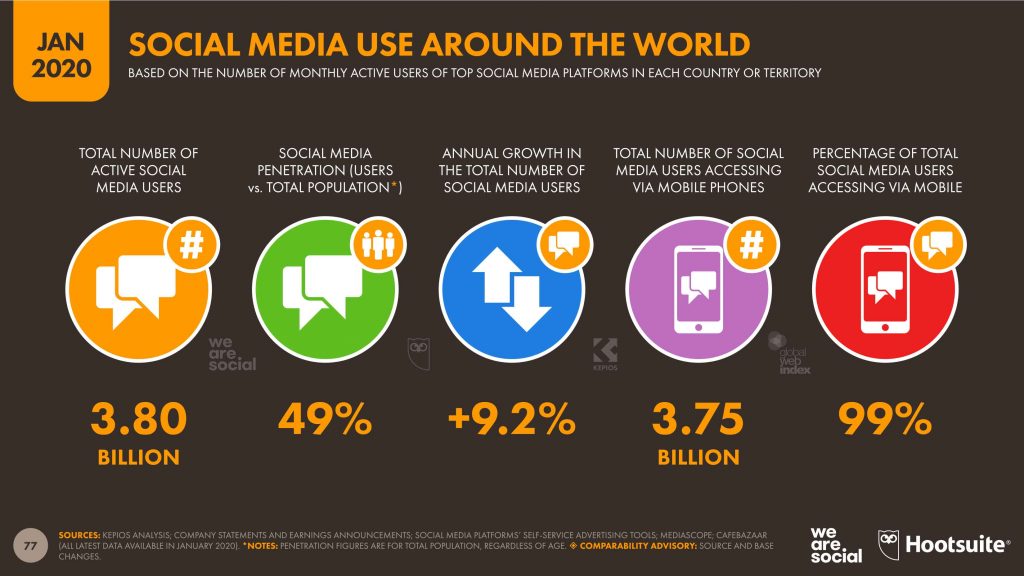
JAMES
Let’s talk a little bit about social media and about online marketing and the various platforms like Facebook and Twitter. And I know we’ve got the Coronavirus right now, but minus that I’m just really interested in looking at social media as a marketing tool.
TONI
Facebook still dominates. It’s not going away. They’ve got Whatsapp. They’ve got Messenger. They’ve got Instagram. If you put an add through Facebook it actually has sixteen different channels that it moves through. They have a wide reach and one-third of the world’s population is on Facebook. The most active demographic is the older demographic and more women.
I should mention 80% of the people on Instagram aren’t even in North America. It’s a worldwide platform. It’s great for visual branding, visual representation. And if you put an ad on Facebook, it automatically can be put through to Instagram. So, it’s a highly powerful marketing tool. And people like the visuals.
Twitter is kind of a niche source. It skews slightly more men. It’s just the facts ma’am. LinkedIn is for professionals and it’s owned by Microsoft. It’s a pretty powerful tool to use as an industry expert.
And then the new kid on the block is TikTok. TikTok’s value is that it appeals to the humour of a 14-year-old boy. So as a brand, it’s been really hard to figure out how to tap into that. But companies are now starting to advertise on TikTok. TikTok is about entertainment. It’s silly fun. So, it’s hard to infiltrate that silly fun level and come across as being professional but like I say brands are finding ways to do it.
JAMES
So, the noise to content ratio on social media is pretty high. How do you cut through that clutter? How do you get the attention of the person you’re trying to reach?
TONI
I think the important thing is not just to use one channel, right? And the risk with all social media is that when you post something as soon as someone else posts something your post falls down. And probably 80% of the people don’t even see your post. So, you need to post frequently. And if you talk to any social media strategist, they’re gonna want you to post many times a day or many times a week. I don’t really believe in that. I think it’s more important to diversify your branding across different digital assets or channels. So, you know, post on Twitter, if that’s where your market is or on a visual platform like Instagram where you can have a lot of filters and you can do a lot of things to really make your post pop and stand out.

JAMES
I guess companies are really becoming responsible for the creation of their own content. What advice would you have for a company about creating content?
TONI
I think it’s important to know what you’re doing, too, because you can drive it off brand, right? Even accidentally. But I always say that even if you hire someone or a company to manage your marketing, you still need to have the people within the company providing that content because they know the company best. So, somebody from the company should be there managing it or contributing it to it anyways.
JAMES
Do you have an example of a company you’ve worked with that has had a particularly effective marketing campaign?
TONI
I’m working with Ravenwood Developers. They’re a home builder and they wanted to tap into the energy-efficient high-performance homes market. They build Custom Homes. Beautiful homes. But they wanted to move into this niche for the 35 to 50-year-old homeowner who would like a green home. It’s not about the money. It’s about what they want to contribute to the betterment of our earth and for their children and a legacy.
So, we created a campaign which was quite successful. We created a landing page on their website that performed really well in terms of gathering contact information and we used social media to drive them there. So, we identified the market and who they were and what their values were. So, we can niche the market quite well with social media because a lot of them are on Facebook and we used Facebook and Instagram to highly target them because you can filter out who can see your ads. And we drove them to the website, and we tested different visuals.
You know to find out what worked, what didn’t work, what messages worked. Was it heartfelt? Was it more about the money? And so we optimized it to the point where a lot of people were clicking on it, and they really liked the landing pages that were more heartfelt. You know your home is where your family gathers and going back to Maslow’s hierarchy of needs of love and belonging and deep values that people have around their home we were able to optimize it and now we’re running campaign after campaign based on that concept, and it’s working really well.
JAMES
So, when planning, marketing, you know, there’s the immediate short term and there’s long term things to consider. What are some of the things you need to look at in terms of your short-term marketing plan and your long-term marketing plan? How do those go together?
TONI
So, the long term would be building your brand, building your perception, and that’s consistency through multiple channels, over a long period of time. So, consistency means regular postings, regular updates to your website, regular visuals and messaging, whatever you’re doing on a regular basis to indicate that you’re there. And then multiple channels that are integrated. It shouldn’t just be one channel. Most people aren’t just on one social media, or watch just one TV station, or listen to just one radio station. And then you have to give it some time to work. So that’s the long term.
The short term is generating those leads and driving traffic to your hub and helping them to make decisions. So, part of that decision-making process is giving them an opportunity to get more information about you. So, capturing their names so you can sign them up for a newsletter or send them more relevant content. Not sales content, because all you’re trying to do is align their values with yours so that they come to a point where they will buy something.

JAMES
This is May 1st 2020 and the Coronavirus is causing a huge worldwide impact. So, let’s talk about that a little bit because it makes sense since we’re in the middle of it and everything we’re going to say here is going to be from the context that we’re talking about this on May 1st. So, what are you seeing the impact of Coronavirus on businesses and their marketing?
TONI
I’m personally writing a blog about it. It’s the Ps of Pandemic because you know, it’s kind of a play on marketing. Marketing is the four Ps. Product, price, place and promotion. Well, the pandemic has caused companies to either protect, promote or pivot themselves in terms of marketing.
So, protecting is cutting back. Slashing costs. They’re just holding tight to protect their assets but they should still be doing branding and posting. The other option is to promote. Some companies are still going full steam ahead. They’re still doing marketing because they’re either a grocery store, for example, or they’re a valued service. So, they still need to do some promotion. And then the pivot is where some companies have done a complete U-turn and they need marketing because it’s just like repositioning yourself. They have to rebrand and come up with what does that look like? And that’s hard to do quickly. We’ve only been in this six weeks or so but companies like Minhaus Brewery that started producing hand sanitizer did a quick pivot. Mind you they’re not pivoting for the long term. But a company where the old business is never going to work again needs to pivot during this time and they need to get on the rebranding as soon as possible in order to capitalize on it.
JAMES
So, Toni, we’ve talked a lot about marketing but I’m wondering do you have a personal formula for success? Something that works for you?
TONI
Hard work and resilience. I just keep working at it. I don’t think there’s any other way of being successful. And failure is just one more step closer to success because it’s only through failure that you actually learn how to optimize and become successful.
DOWNLOAD – James Hutchison Interviews Marketing Architect Toni Guffei – Ratio Marketing and Reports
This interview has been edited for length and clarity.
